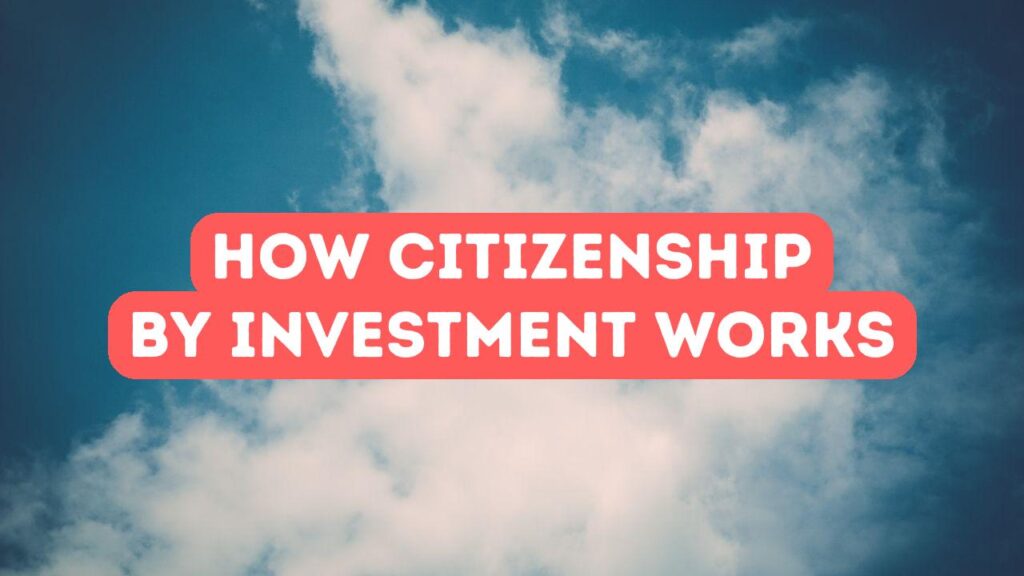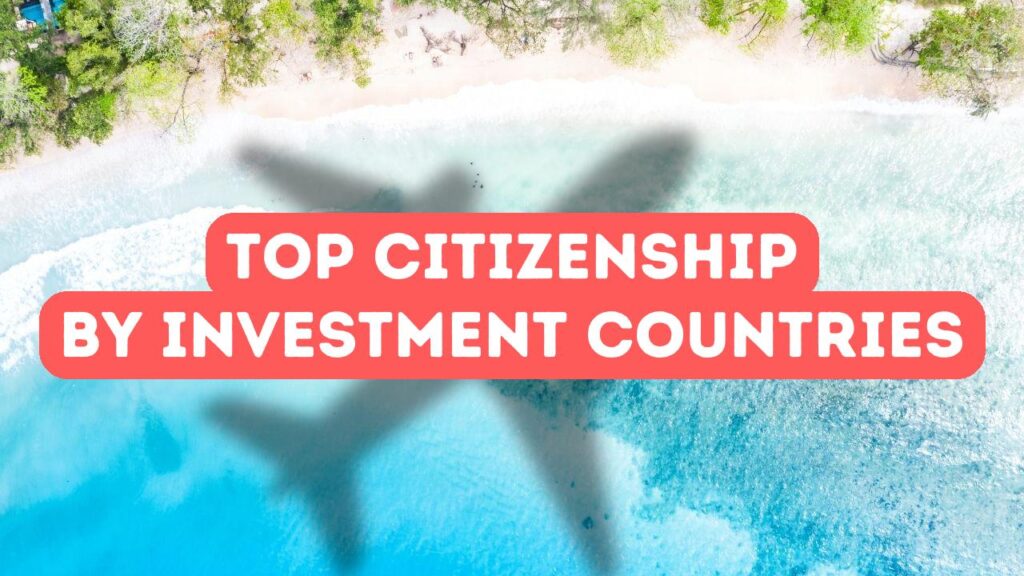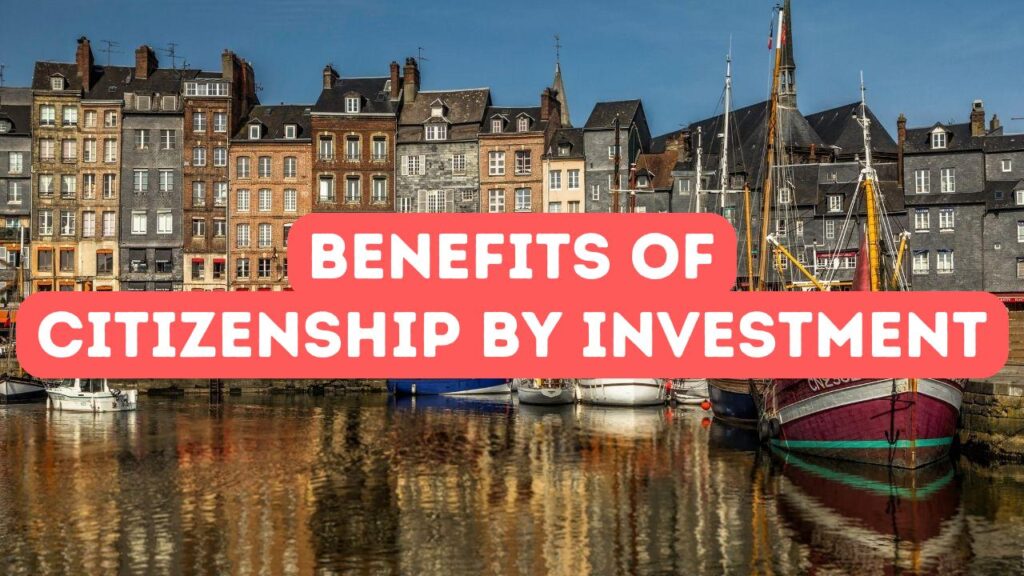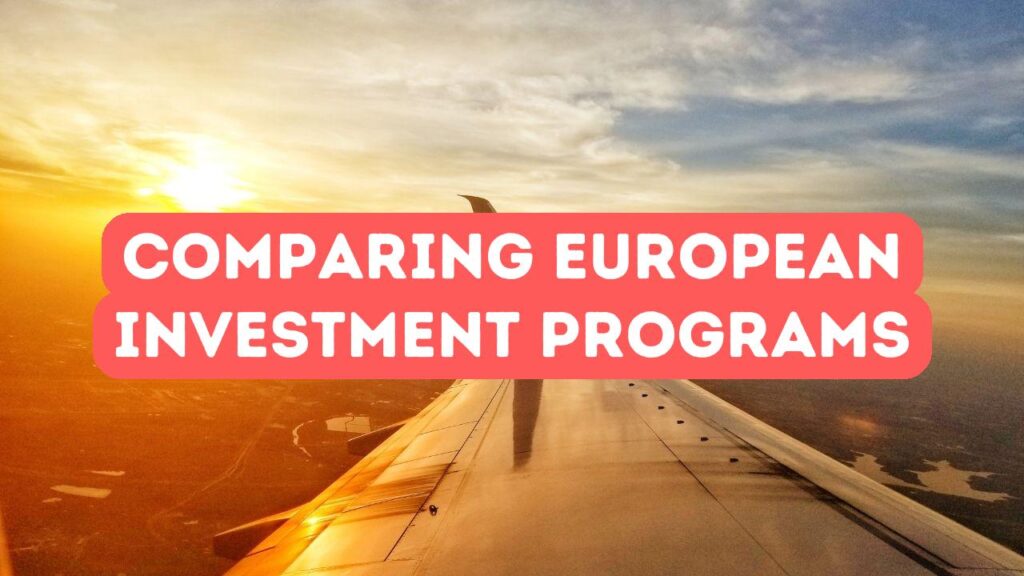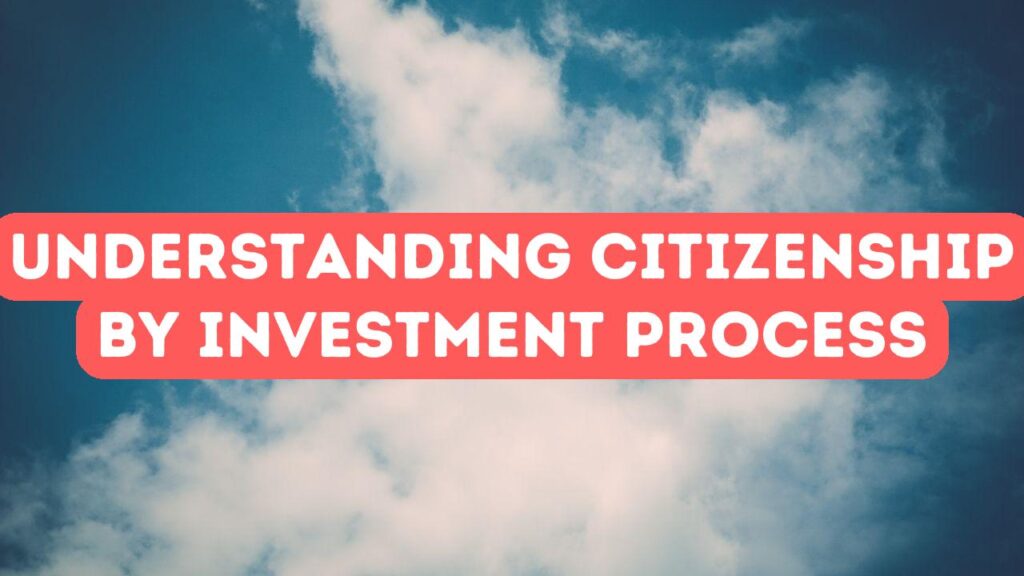Navigating the world of citizenship by investment programs can seem daunting, particularly when it comes to understanding the associated costs. With a variety of programs available, each offering unique benefits and investment requirements, it is crucial for potential investors to comprehend the financial commitments involved. These programs often present a gateway to enhanced global mobility, security, and quality of life, but they come with significant expenses that vary depending on the destination country, the nature of the investment, and additional processing and application fees. Our aim is to elucidate the financial landscape of these opportunities, providing a clear picture of the necessary investments, ancillary costs, and potential return on investment, ensuring you make informed decisions about your pathway to new citizenship.
Key Factors Influencing Investment Amounts
When evaluating the costs of citizenship by investment programs, several key factors can significantly influence the required investment amounts. These factors include the economic status and stability of the destination country, the type of investment chosen—be it real estate, government bonds, or business ventures—and the applicant’s family size and composition, as additional family members often require increased contributions. Moreover, specific national policies and fluctuating market conditions can also impact investment thresholds, sometimes leading to variations in pricing depending on the geopolitical landscape. Understanding these intricacies is crucial for potential investors to formulate a realistic budget and assess the overall financial commitment needed to secure a second citizenship.
In addition to the direct investment amounts, applicants must also consider various ancillary costs that accompany the application process. These can include government processing fees, due diligence fees, and legal consultancy fees, which collectively can add a substantial sum to the overall expenditure. Due diligence fees are particularly important, as they cover extensive background checks to ensure the integrity of applicants, and their cost can escalate based on the number of family members included in the application. Furthermore, applicants may need to budget for travel expenses, both for exploratory visits and required interviews, adding another layer of financial consideration. These peripheral costs are vital to recognize, as they help in painting a complete picture of the total financial outlay necessary for successful participation in a citizenship by investment program.
Beyond the immediate and ancillary costs, potential investors should also consider the long-term financial implications of obtaining a second citizenship. Maintenance requirements such as annual property taxes, insurance premiums, and mandatory charitable contributions can contribute to ongoing expenses. Additionally, some programs necessitate holding the investment for a specified period, which may influence liquidity and future financial planning. It’s also wise to account for potential tax obligations in both the home and destination countries, as dual citizenship can complicate tax filings. By thoroughly understanding all these aspects, investors can better gauge the true financial commitment and strategically plan for their new status as global citizens.
Hidden Fees and Charges to Consider
When exploring citizenship by investment programs, it is essential to be mindful of hidden fees and charges that can significantly impact the overall cost. Beyond the primary investment amount, applicants often encounter additional expenses such as due diligence fees, processing fees, and government application charges. These costs can vary greatly depending on the jurisdiction and the complexity of the application process. Due diligence fees, for instance, cover the exhaustive background checks performed by governments to ensure applicants meet stringent eligibility criteria, adding to the transparency and security of the program but also inflating the total expenditure. Moreover, legal and administrative fees for professionals who guide you through the application process can further elevate your financial commitment. Being aware of these supplemental costs is vital to forming a comprehensive budget and avoiding unexpected financial burdens.
Another crucial aspect to consider is the cost of maintaining your new citizenship or residency status. Some programs require ongoing financial commitments, such as annual government fees or mandatory donations to particular funds. Additionally, property maintenance costs can be substantial if your investment involves real estate, covering everything from property taxes to upkeep and management fees. It’s also important to account for renewal or reapplication fees that may arise to keep your status active. These recurrent costs can accumulate over time, transforming an initially attractive investment into a long-term financial obligation. Comprehensive planning and financial foresight are essential to not only secure your status but also to sustain it, ensuring that your new citizenship or residency remains a worthwhile and manageable investment.
While the primary and ongoing costs are important, potential investors must also consider the financial implications of exiting their investments. If the program involves acquiring real estate or other assets, you may encounter substantial selling fees and potential capital gains taxes when divesting these holdings. Additionally, currency exchange rates can impact the final amount you repatriate to your home country, potentially affecting your overall return on investment. In some cases, early withdrawal from certain investment commitments may carry penalties or result in forfeiture of benefits, such as losing acquired citizenship or residency rights. Therefore, a thorough understanding of both entry and exit costs is crucial to making a well-informed decision about citizenship by investment programs. Proper planning and consultation with financial advisors can help mitigate these risks, ensuring that your journey toward enhanced global mobility and security remains financially viable and advantageous in the long run.
Long-term Financial Benefits of Citizenship by Investment
Investing in a citizenship by investment program not only opens the door to immediate benefits such as global mobility and improved quality of life but also offers substantial long-term financial advantages. One significant benefit is the potential for diversification of assets. By gaining citizenship in a stable and economically thriving country, investors can access more robust financial markets, property investments, and business opportunities, effectively broadening their financial portfolio. Additionally, some countries with these programs provide favorable tax regimes, including tax incentives, reduced tax rates, or even tax exemptions on certain incomes, which can significantly enhance an investor’s financial standing over time. These tax savings, coupled with improved market access, underscore the long-term economic benefits that can be realized through strategic investment in a second citizenship.
Moreover, citizenship by investment can serve as a financial safety net during times of economic or political instability in an investor’s home country. Having a second citizenship provides a contingency plan, offering a secure environment where one’s assets are less likely to be impacted by domestic turmoil. This added layer of security ensures that investments are protected and can significantly reduce risk by not being dependent on a single country’s economic conditions. Additionally, a second citizenship can provide access to superior educational and healthcare systems, contributing to long-term savings on personal and family expenses. By facilitating these broader opportunities and protections, citizenship by investment serves as both a strategic and precautionary measure for safeguarding and maximizing one’s wealth.
In conclusion, the comprehensive financial advantages of citizenship by investment extend well beyond the initial expenditure. For high-net-worth individuals and families, these programs present an opportunity to not only enhance their lifestyle but also strategically manage their wealth and protect their assets. The initial investment in citizenship can yield substantial returns in the form of reduced taxation, diversified holdings, and increased access to global markets. Additionally, the resilience conferred by a second citizenship can mitigate risks associated with geopolitical or economic instability in one’s home country, providing peace of mind and continuity for future generations. Ultimately, the long-term financial benefits underscore the value of carefully selecting a citizenship by investment program that aligns with personal and financial goals, ensuring that the upfront costs translate into sustainable and far-reaching economic gains.


